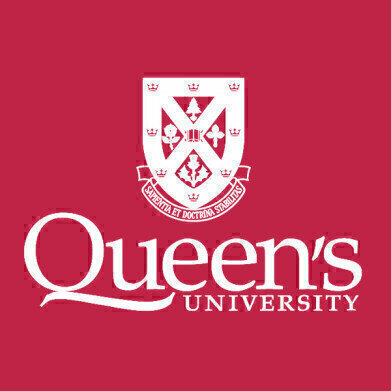News
Collaboration seeks Insights into Molecular Interaction
Jun 28 2022
Researchers from Queen’s University Belfast and Trinity College Dublin have uncovered how positrons – key to PET scan technology – interact with molecules, offering potential for research in advancing materials in science and medical imaging technology.
Antimatter, considered rare and exotic, is abundant and provides an extremely challenging theoretical problem that must be solved if scientists are to progress fundamental research and applications in medical imaging technology and material science.
The research teams have been able to develop a powerful theoretical and computational approach that has successfully explained more than 20 years’ worth of measurements and which can now be used to predict how positrons interact with other molecules.
Dr Dermot Green from the School of Mathematics and Physics at Queen’s led the research. He comments: “Until now, scientists have struggled to properly explain how antimatter interacts with molecules – it is a formidably complex area of research and science. Our breakthrough provides fundamental understanding of these interactions, unprecedented accuracy, and the ability to make predictions, which may help support fundamental physics and develop antimatter-based applications in materials science and medical imaging.”
Dr Charles Patterson from the School of Physics at Trinity College Dublin developed the Exciton software that he and the Queen’s University group adapted - creating Exciton+ - to perform the calculations in the work.
He said: “I developed the Exciton code over many years to enable me to study how materials absorb and emit light for applications such as light emitting diodes and solar cells. I am delighted that Dermot Green and his group were able to adapt the code to study how positrons interact with molecules. Many-body physics is a fascinating area of research with many important applications.”
The research was funded by a European Research Council grant ANTI-ATOM. The team of researchers included Jaroslav Horfierka (Queen’s University PhD student and joint-first author), Brian Cunningham (Queen’s University Research Fellow and joint-first author), Charlie Rawlins (Queen’s University Research Fellow) and collaborator Dr Charles Patterson from Trinity College Dublin.
The research was published in Nature
More information online
Digital Edition
Lab Asia Dec 2025
December 2025
Chromatography Articles- Cutting-edge sample preparation tools help laboratories to stay ahead of the curveMass Spectrometry & Spectroscopy Articles- Unlocking the complexity of metabolomics: Pushi...
View all digital editions
Events
Jan 21 2026 Tokyo, Japan
Jan 28 2026 Tokyo, Japan
Jan 29 2026 New Delhi, India
Feb 07 2026 Boston, MA, USA
Asia Pharma Expo/Asia Lab Expo
Feb 12 2026 Dhaka, Bangladesh



















